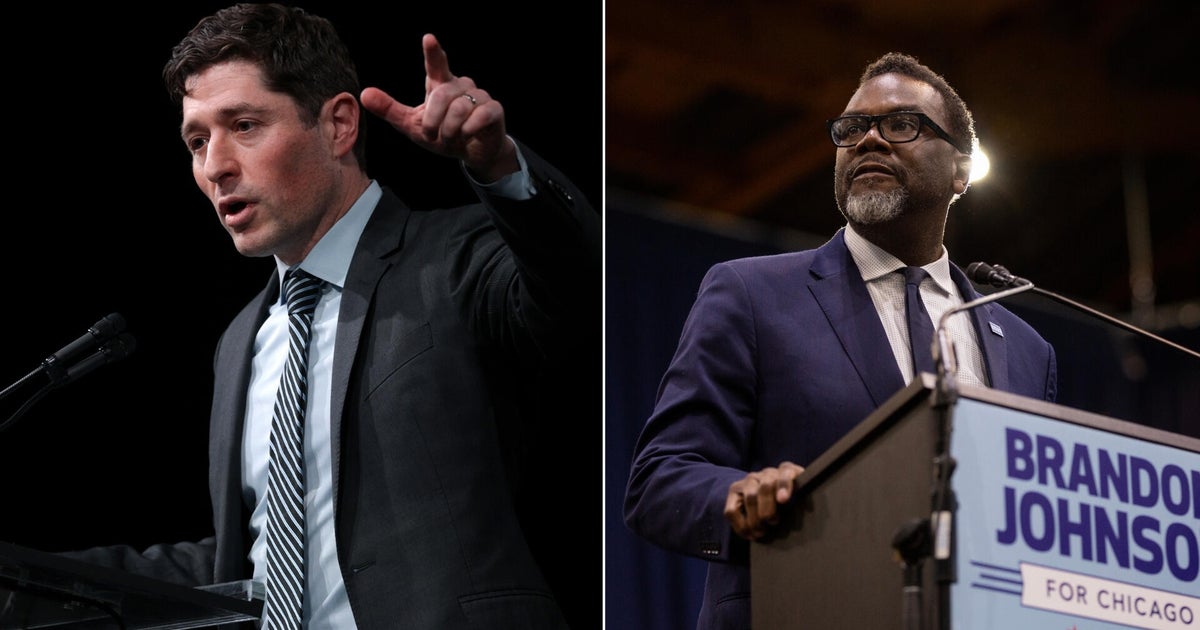When the major primaries and caucuses are happening – and how they work
It's officially a presidential election year, and Democratic candidates are racing to get the edge ahead of the first contests of primary season.
On the second day of the new year, former Housing and Urban Development secretary Julian Castro announced he's bowing out of the race, leaving 14 candidates still in the field. Sen. Bernie Sanders, former Vice President Joe Biden, Senator Elizabeth Warren and former South Bend, Indiana, Mayor Pete Buttigieg are leading in the polls ahead of the first contest, the Iowa caucuses.
The final debate before the contests begin will take place in Iowa on January 14. Super Tuesday, when the most states largest swath of delegates have their say, is March 3. A candidate needs 1,991 to secure the nomination — a simple majority.
Here's the schedule for the earliest significant primary and caucus contests:
- Monday, Feb. 3 — Iowa caucuses (49 delegates)
- Tuesday, Feb. 11 — New Hampshire primaries (33 delegates)
- Saturday, Feb. 22 — Nevada Democratic caucuses (48 delegates)
- Saturday, Feb. 29 — South Carolina Democratic primaries (63 delegates)
- Super Tuesday, March 3 — Alabama primaries (59 delegates), Arkansas primaries (36 delegates), California primaries (495 primaries), Colorado primaries (80 delegates), Maine primaries (32 delegates), Massachusetts primaries (114 delegates), Minnesota primaries (91 delegates), North Carolina primaries (122 delegates), Oklahoma primaries (42 delegates), Tennessee primaries (73 delegates), Texas primaries (262 delegates), Utah primaries (35 delegates), Vermont primaries (23 delegates), Virginia Democratic primary (124 delegates)
- Tuesday, March 10 — Idaho primaries (25 delegates), Michigan primaries (147 delegates), Mississippi primaries (41 delegates), Missouri primaries (178), North Dakota caucuses (18 delegates), Washington primaries (107 delegates)
- Tuesday, March 17 — Arizona Democratic primary (78 delegates), Florida primaries (248 delegates), Illinois primaries (184 delegates), Ohio primaries (153 delegates)
The final primaries take place in June. The Democratic convention is slated for July 13-16 in Milwaukee.
The only real contests in 2020 are on the Democratic side. President Trump has no challengers who are polling with any significance, and some states, including Nevada, Alaska, Kansas, South Carolina, Virginia and Arizona, aren't holding Republican primary contests at all.
How does the Democratic Party award delegates?
In state primaries and caucuses, candidates are awarded delegates, who are then pledged to support them at the convention.
This year, there are nearly 4,000 delegates up for grabs. A candidate needs 1,991 — a simple majority — to secure the nomination. (This is based on the latest information we have from the party.)
But delegates are split among the top vote getters. It's not winner-take-all. This may be especially important this year, with such a large field of candidates. Candidates who finish second, third, and fourth in a state can still earn delegates there.
Delegates are also divvied up among the top vote getters in each sub-region of the state, usually defined by congressional district. Each district's delegates are awarded to candidates based on how they do in that district.
The logic is that it forces candidates to build support all over the state — in cities, suburbs, and rural areas — in areas that may otherwise be under-represented.
Which candidates are considered "top vote getters," according to party rules? Delegates are only allocated to candidates who win more than 15% of the vote. Any candidate below this threshold — even by a slim margin — doesn't get any delegates in that state or district. That cutoff has a lot of importance, as there is a very thin line between walking off with something or nothing.
For candidates above the threshold, delegates are awarded proportionally by their vote percentage. So candidates with more votes get more delegates, as long as they are above that magic 15% number.
Kabir Khanna and Anthony Salvanto contributed to this story.



